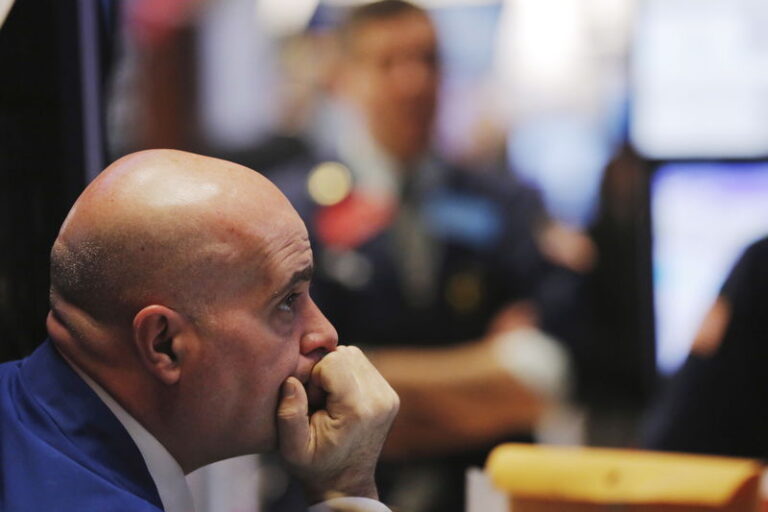
US Supreme Court Considers Limits on Public Officials Blocking Critics on Social Media
Supreme Court Analyzes Constitutional Boundaries on Public Officials’ Social Media Blocking
The U.S. Supreme Court is currently deliberating two cases from California and Michigan that involve public officials blocking critics on social media platforms. The justices are grappling with defining the point at which such conduct infringes on constitutional limits on the government’s power to restrict speech.
Lower courts have reached different conclusions in these cases, highlighting the legal uncertainty surrounding whether blocking users on social media violates the First Amendment’s protection of freedom of speech. Blocking individuals is a common tactic employed on social media to silence critics.
During the three-hour arguments, the justices focused on establishing the criteria for determining whether public officials were acting in their personal capacity or engaged in “state action” when blocking critics. While the First Amendment restricts government actors, it does not apply to private individuals.
Case One: Poway, California
The first case involves two public school board trustees from Poway, California. They have appealed a lower court’s ruling in favor of parents who sued them after being blocked from the officials’ personal accounts on Twitter and Facebook. The parents made critical posts on various issues, including race and school finances. A judge sided with the parents, and this decision was upheld by the 9th U.S. Circuit Court of Appeals in San Francisco.
Case Two: Port Huron, Michigan
The second case centers around a Michigan man who filed a lawsuit against a Port Huron city official for blocking him on Facebook. The lower court rejected his lawsuit, but he appealed. The man had posted critical comments related to the COVID-19 pandemic. The 6th U.S. Circuit Court of Appeals in Cincinnati upheld the lower court’s decision.
The justices presented hypothetical scenarios to the attorneys arguing the cases. Justice Samuel Alito raised the example of a town manager who uses their social media page to promote their own views and blocks anyone who expresses criticism. He expressed concern that this could create the false impression that everyone in town supports the manager’s actions.
The lawyers representing the public officials argued that the “duty or authority” legal test should be applied to determine whether their social media activity was governmental. They claimed that their clients’ actions were not related to their official duties.
Justice Elena Kagan drew attention to former President Donald Trump’s use of Twitter, pointing out that he often announced policies on the platform. She argued that blocking citizens from accessing such announcements limited their participation in the democratic process.
The Biden administration has supported the officials in both cases. The Supreme Court is expected to deliver a ruling by the end of June.
To conclude, the Supreme Court’s consideration of these cases highlights the ongoing debate over the boundaries of public officials’ social media use. The outcome of these deliberations will have significant implications for the protection of free speech in the digital age.